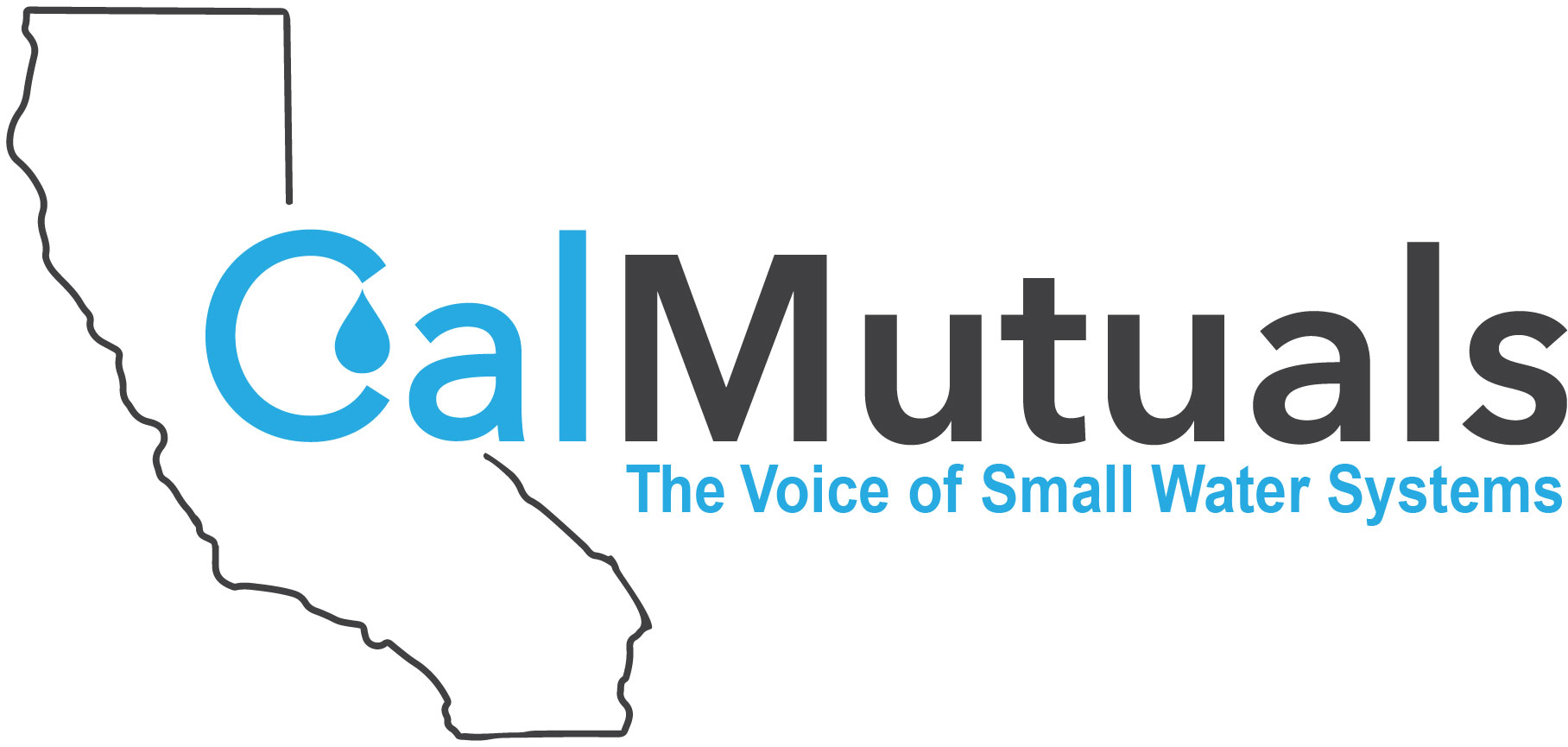Zenith University Webinar: Slips, Trips, Falls, and Winter Hazards
To download the flyer on Zenith University webinars, click here. Click here to get started. Log into Zenith Solution Center, find the Resources menu, and click on Zenith University. Need to sign up for Zenith Solution Center? Visit TheZenith.com, scroll down to Zenith Solution Center on the homepage, then click Learn More and Sign Up. For more information, please call (800) 440-5020 or contact your local Zenith office. Please note: This schedule is subject to change as seminars may be added or rescheduled. Preregistration is required.
